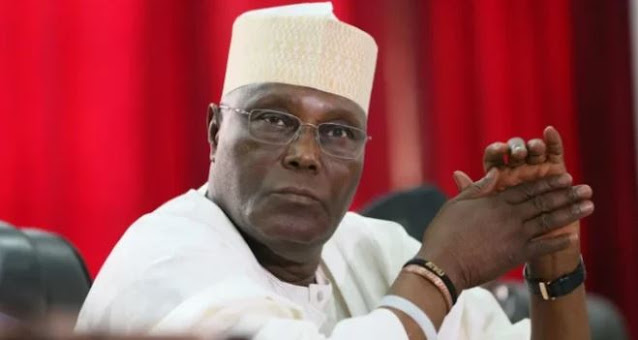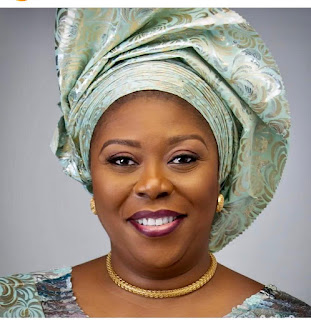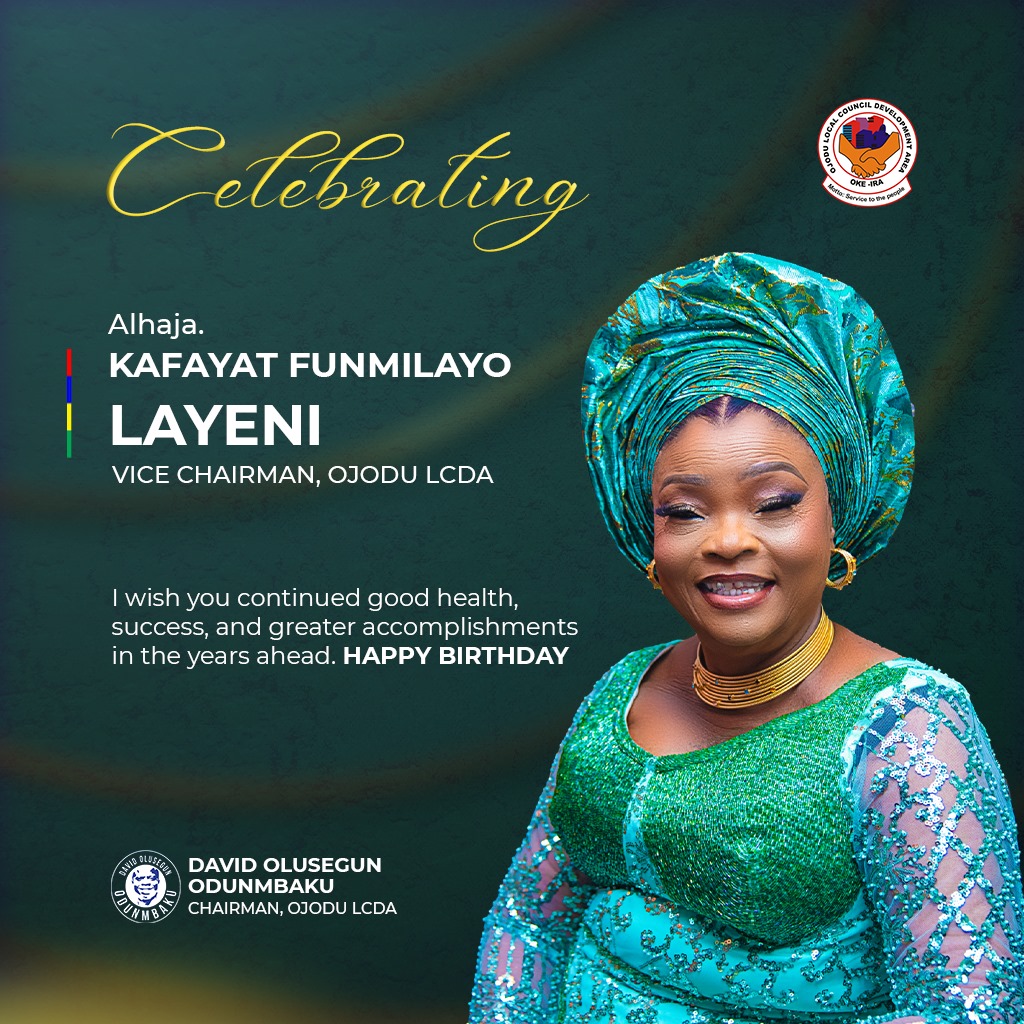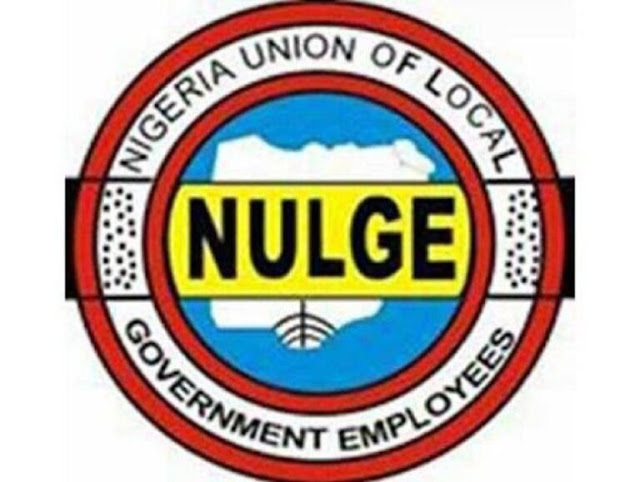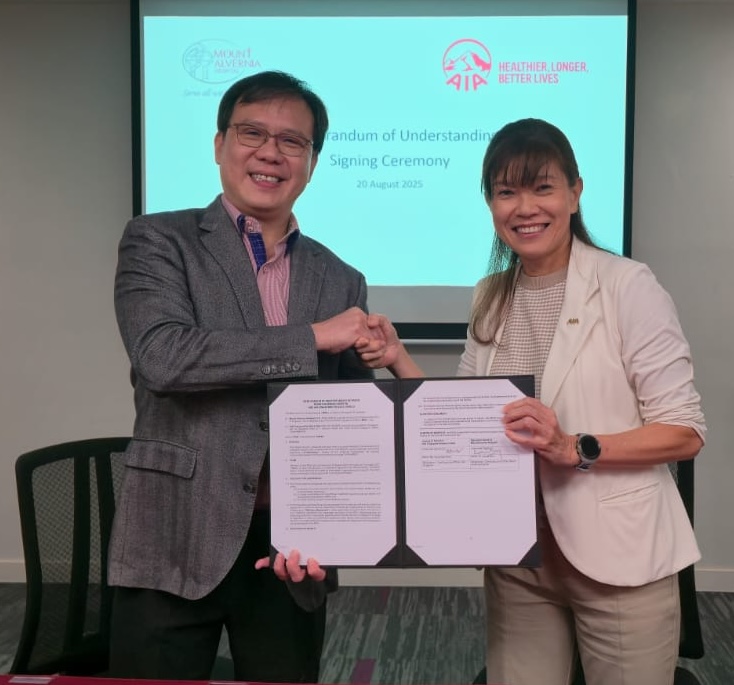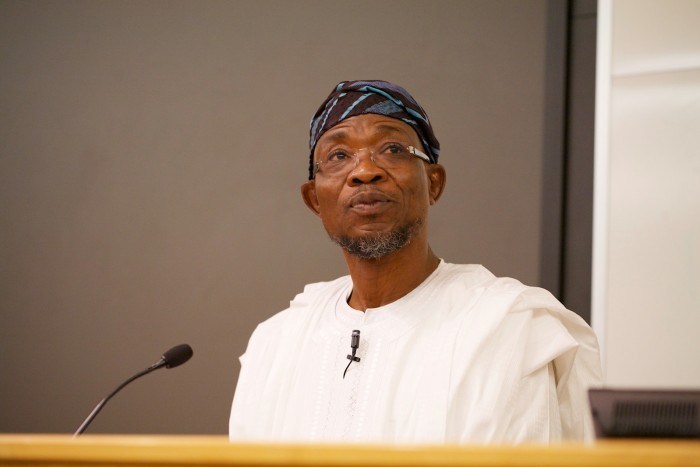The decision of former Vice President Atiku Abubakar to align with a new coalition and subsequently abandon the Peoples Democratic Party (PDP) for the African Democratic Congress (ADC) has unsettled his core loyalists, particularly those with governorship ambitions in Bauchi State.
When Senator Abdul Ahmed Ningi contested the PDP governorship ticket in 2019, he came second to the incumbent Governor Bala Mohammed. In 2023, Ningi revived his ambition, though it was later deployed as a bargaining tool to calm the rift between Atiku and Mohammed.
The governor had raised concerns to then National Chairman Iyorcha Ayu that individuals close to Atiku had launched a “Bala Must Go” campaign against his re-election. Sources within the party suggested that Atiku took note of Mohammed’s hesitation to fully support his presidential bid, pointing to the governor’s proximity to the G-5 governors.
To ease tensions, Ningi was persuaded to shelve his ambition and was instead offered an automatic Senate ticket, while Bala Mohammed reportedly advised his commissioner for Local Government, Nuhu Zaki, to step back from his campaign after securing growing support for reappointment to the cabinet.
The 2027 governorship race is now seen as an opening for Ningi, the senator representing Bauchi Central. His zone has long clamoured to produce a governor for the first time since 1999. Yet the PDP’s internal dynamics, combined with the governor’s preference for a younger successor who would not seek revenge, cast doubt on whether Ningi could secure the ticket.
Unlike some political figures who have openly taken issue with Bala Mohammed’s policies, the relationship between the governor and Ningi has avoided public confrontation. Others, such as the Minister of Foreign Affairs Yusuf Tuggar, former Speaker of the House of Representatives Yakubu Dogara, and Senator Shehu Buba of Bauchi South, have been more vocal in criticising the governor’s approach.
The situation took another twist when Dr. Ladan Salihu, a close Atiku ally and former Chief of Staff to Bala Mohammed, resigned from the PDP. Ladan, who also served as Commissioner for Information in the governor’s first term and later contested unsuccessfully for the Senate, declared that the party had strayed from its founding values. His move was widely interpreted as a direct consequence of Atiku’s defection.
For Atiku’s loyalists in Bauchi, the dilemma is acute: remain within the PDP and defend the party that has defined their careers, or follow their leader into the coalition, despite its uncertainties. The coalition itself presents challenges, given that prominent figures from the APC and NNPP have already gravitated toward the ADC.
Among those aligned with the ADC are Air Marshal Sadique Abubakar (rtd), the APC’s 2023 governorship candidate, and Senator Haliru Jika of Bauchi Central, who flew the NNPP flag in the same election.
Ningi, however, has maintained that he will not leave the PDP. Still, he faces stiff competition from within the governor’s circle, where several cabinet members are reported to be positioning themselves for the top job. Strong indications point to Deputy Governor Auwal Jatau and Finance Commissioner Dr. Yakubu Adamu as likely aspirants, along with others eyeing the succession.
Reacting to defections from the PDP, party chieftain and Public Relations Officer Dayyabu Chiroma dismissed those leaving as politically insignificant.
“We are not concerned because they are inconsequential to our party in Bauchi. If you look at the calibre of people leaving, they are unknown politically, economically and traditionally, apart from the opportunities the governor gave them. Strip them of those appointments and they have no standing. They are not the ones to give PDP sleepless nights.
“We have never denied them tickets in past elections; they were our flag bearers but they all failed. Their exit is a relief, not a burden. In 2027, whatever party they join, APC or ADC, we will show them that PDP remains strong. With a formidable candidate and the governor’s achievements, victory is certain,” Chiroma asserted.
He pointed out that aside from the disruption caused by the Buhari “Tsunami” of 2015, the PDP has been in power in Bauchi since 1999. “In 2015, APC misled the people to seize power. But by 2019, Bauchi voters realised their mistake and returned PDP to power, a decision they reaffirmed in 2023. We are confident they will not hand governance to APC or ADC in 2027.”
Chiroma also argued that Atiku’s exit would not dent the party’s chances. According to him, the former Vice President lacks the political infrastructure to influence Bauchi politics. “In every election he has contested, our party leader, the governor, has always extended support with agents and logistics. I do not see how his departure will affect us. He is not from Bauchi and does not control the PDP here. In 2019, he lost while our governor won. In 2023, he lost again and the governor was re-elected. There is no cause for alarm.”
For now, ADC remains weak in Bauchi, its structure largely absent at state level, even though it has gained some recognition nationally. As of July, its most visible figures in Bauchi are the APC and NNPP governorship candidates from 2023.
Barrister Garba Rabiu, legal adviser to Bauchi APC, argued that defections had little impact on his party. “Those leaving have no real stake. Their presence was hardly felt, and their departure makes no difference. The APC remains firm, united and determined.”
On the speculation surrounding Air Marshal Sadique Abubakar, Rabiu said: “Nigeria’s Constitution guarantees freedom of association. Seeing him in a video at an ADC meeting does not mean he has defected. Even if he chooses to leave, that is his right. Our core stakeholders remain with us, growing stronger daily. APC is not unsettled by these exits.”
In Bauchi, the coalition’s impact is yet to generate real excitement. The balance of support remains firmly with the PDP and APC, leaving the ADC still struggling to carve out visible ground in the state’s political landscape.


